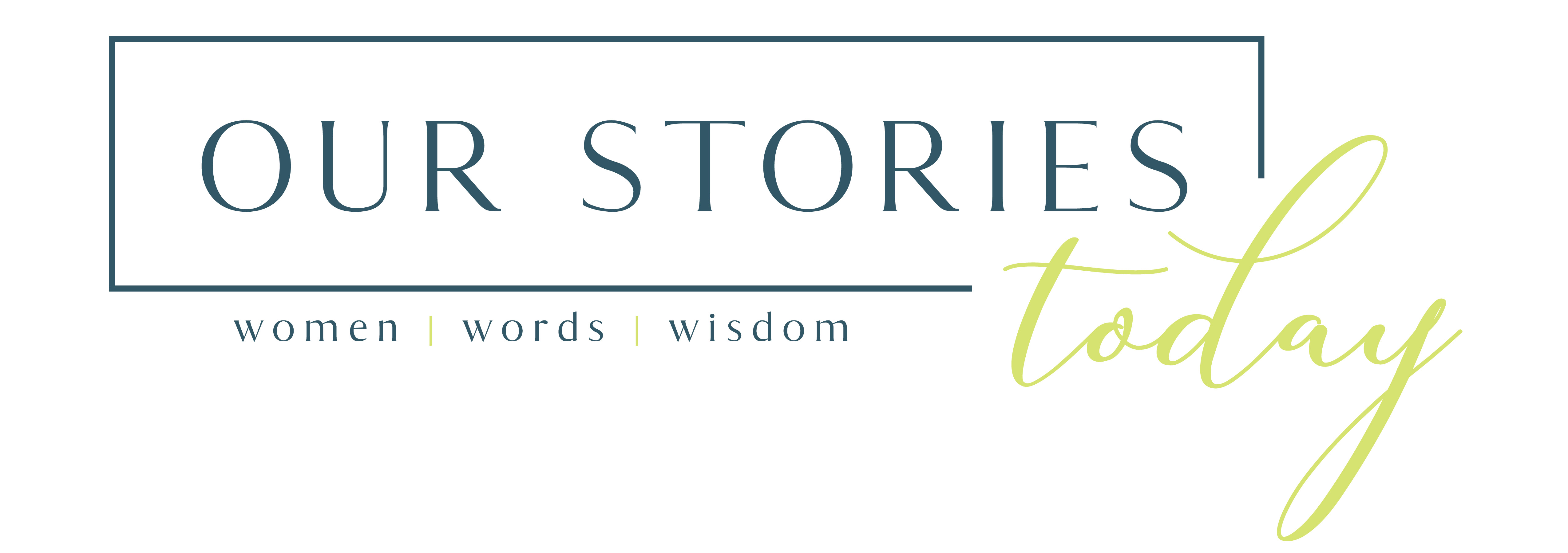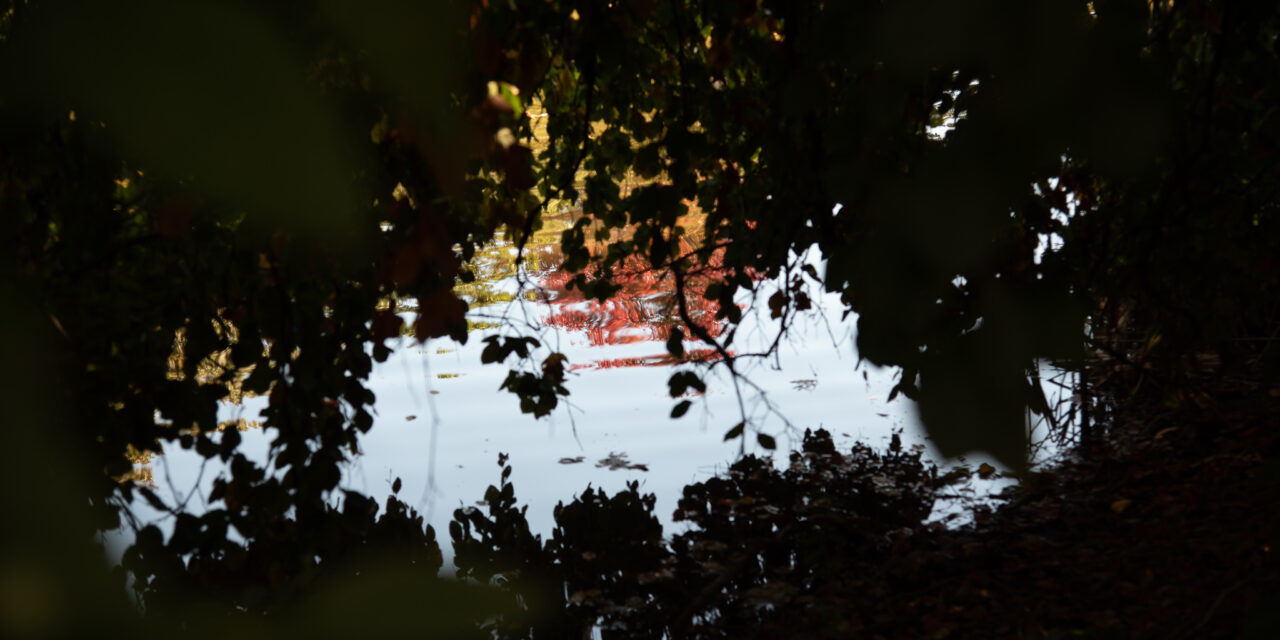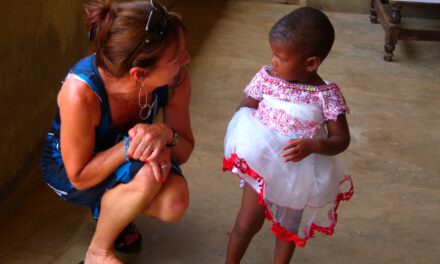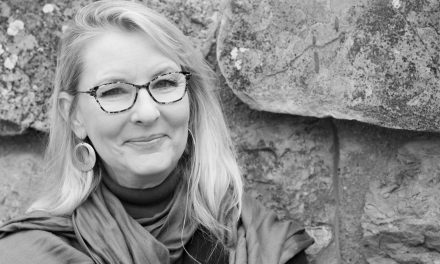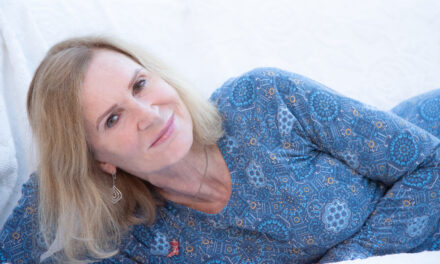A well-known man in our small town committed suicide this past week. I did not know him, but almost everyone I know did. He left behind a wife and children and a thriving business that many have defined as the heart of our community. From what I’ve read, his death was a complete shock, unexpected in every way.
I live in Boulder County, an area that is often ranked one of the best places to live in the United States. We are banked by the foothills to the west and the plains to the east. Snow melts quickly even after big dumps, and the area is rich in outdoor activities and open spaces in which to roam.
I’ve lived here for almost thirteen years.
Despite or because of its outward appearance of being a happy and accepting place, believing that there are those among us who are deeply suffering is hard to accept. In just a few short years I know of seven suicides which have touched someone close to me. In 2018, there were 64 suicides in Boulder County (the most recent statistic I could find). The waves of devastation from these losses affects all of us.
Suicide slays me.
I’m not a mental health expert, nor qualified to offer any advice (please see below for this guidance). Is it possible to catch those among us before they fall? Can we learn how? Not everyone determined to take their own life can be prevented, but maybe some can.
I have joked with my husband that Boulder County is a place of pretty people. Social, fit and happy. A place that embraces positive thinking and good vibes. Could it be that with all this sunlight we make it difficult for darkness to comfortably come out into the open?
Every one of us has an underneath layer. What happens when that underneath layer is exposed? Are we embraced, comforted, offered help or a safe place to land, and are we comfortable just sitting in the presence of sadness and grief? Do we need to ‘pretty it up’ or hurry it along to avoid the discomfort of others? Are we heard?
When I went through my own depression in 2014, I found that my deep sadness seemed to either cause friends to avoid me or to cajole me into ‘faking it until I made it.’ Shit, I couldn’t even string two sentences together. I stopped writing. I couldn’t work because I couldn’t focus, and I cried constantly. Being in the company of friends socially was painful. Pretending to be happy was impossible. How Rob stood by me during that year, just a year into our dating relationship, blows my mind. I was not suicidal but I was deeply depressed and the patience from those that loved me as well as the guidance of a beautiful therapist helped me claw my way back to my life.
The pain an individual must feel to decide to leave this world, and especially a loving family, behind is beyond my comprehension. I can’t make any kind of logical statement about it because there isn’t one. My heart feels wrenched open and shattered with arrows.
Our culture is not comfortable with the darker side of life.
How many of you have been told to “look on the positive side,” or “how could you feel that way” or “you’re being ridiculous,” “too sensitive,” or some other shut-the-door kind of advice when struggling?
Sitting in the darkness with another is hard.
Just listening is hard.
Creating space for emotions that are not tidy is hard.
But to borrow from Glennon Doyle, we can do hard things. We can.
Mental illness and severe depression are not choices, but every day I hear or read about how to overcome it, as if it was a day-long fever or just a negative mindset.
We can do better.
We need help to learn how.
Like I said, I’m no mental health professional. But I am comfortable in the darkness and willing to quietly listen.
I just think, believe actually, that if we stopped pushing the narrative of positive thinking as the cure to what torments us or if we learned to get comfortable in uncomfortable situations, or had the capacity to validate the real suffering of others, we might help alleviate some pain. When darkness is accepted as a natural part of life, it becomes easier to talk about our troubling emotions.
None of us knows what another human being is going through, and many troubled people are especially adept at hiding their own darkness. Many generous and giving human beings are the very ones that take their own lives. Why?
Still. Maybe.
We use words to communicate, but those words are often in code. Maybe we could learn to be less afraid of interpreting what is said between the lines; learn to hear what isn’t being said. Pay attention.
And then find help. Even if it isn’t our business.
Please read below for information about having that kind of conversation.
American Foundation for Suicide Prevention: What to do if you believe someone is at risk
- Talk to them in private
- Listen to their story
- Tell them you care about them
- Ask directly if they are thinking about suicide
- Encourage them to seek treatment or contact their doctor or therapist
- Avoid debating the value of life, minimizing their problems or giving advice
Call or text 988 or text TALK to 741741
